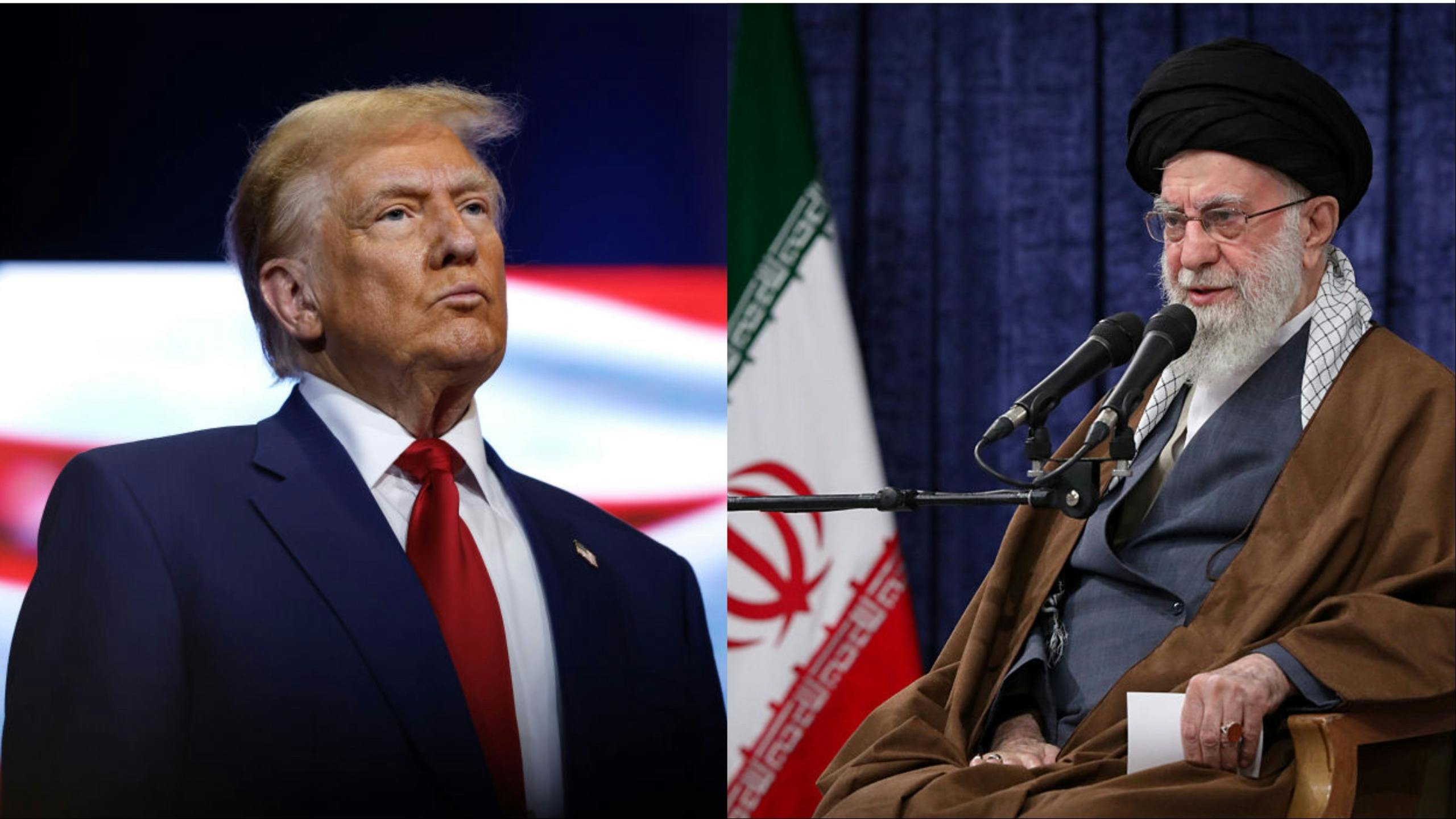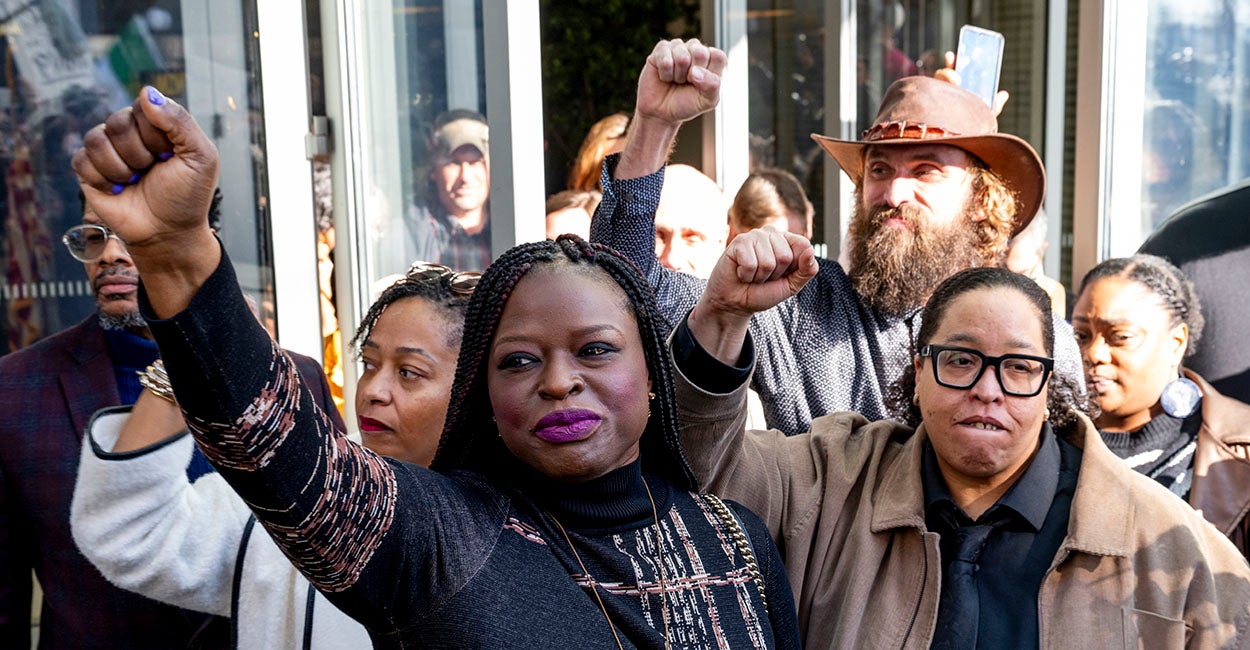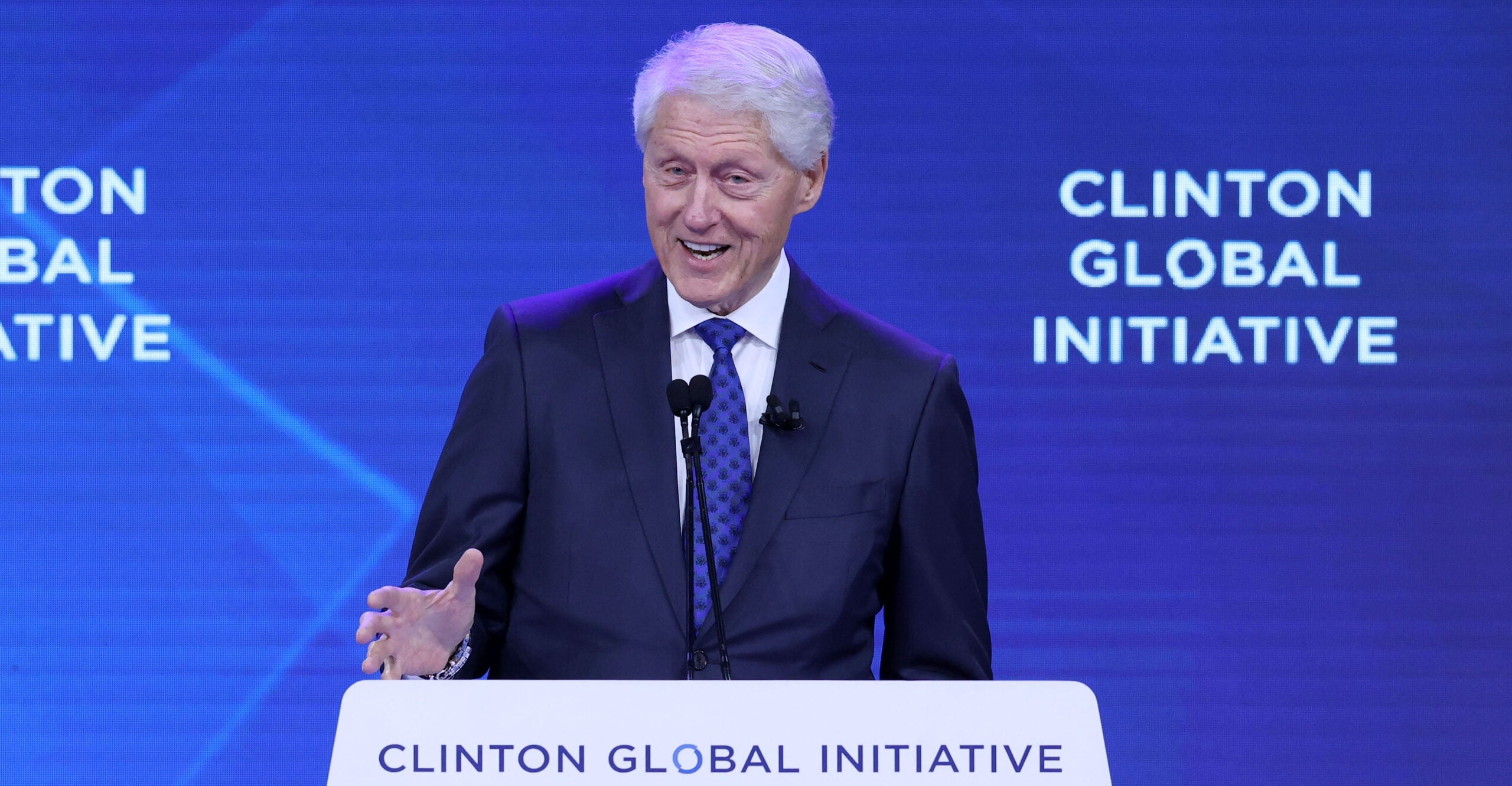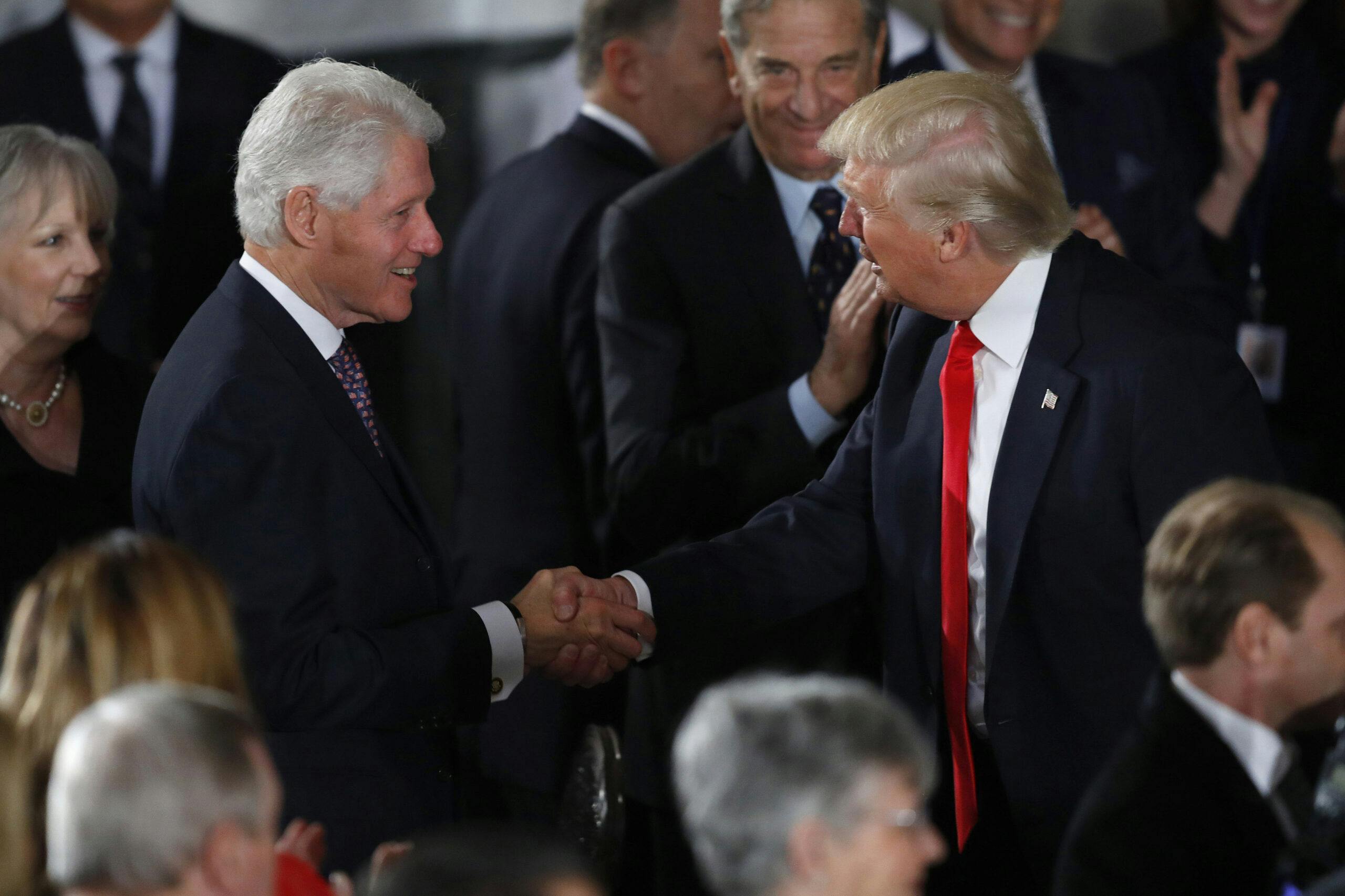The Real Problem With ‘Toxic Masculinity’

On a recent “60 Minutes” segment, UFC president Dana White was asked whether he worries that the sport might promote “toxic masculinity.” White shot back, “What does that even mean? Can you be too masculine?”
Live Your Best Retirement
Fun • Funds • Fitness • Freedom
It was a revealing moment—one that captured our cultural confusion around the topic of masculinity. Both White and his interviewer were using a loaded phrase without defining it. The implication was clear: that “toxic masculinity” means too much masculinity, as if manhood were a substance that turns poisonous in excess.
But masculinity isn’t a matter of dosage—it’s a matter of direction. The problem isn’t how much masculinity men express, but whether it’s healthy or unhealthy—whether strength is used to build or to break, to serve or to dominate.
For years, we’ve been trying to answer the wrong question. Instead of trying to figure out how masculine is too masculine, we should be asking: What does healthy masculinity look like?
Healthy masculinity is not about dominance. It’s not about self-gratification or control. It’s not unchecked aggression. It’s quiet strength under pressure. It’s about conviction, character and courage—qualities that lift communities rather than exploit them. It’s about learning to channel energy, ambition and competitiveness toward service and self-mastery. It’s integrity, not image.
You can see the effects of losing this vision everywhere.
Back in the ‘80s, masculinity was loud. It flexed its muscles in movie heroes like Rambo—men of action, but not always of virtue. The message was that being a man meant being tough, untouchable and untethered. Strength was there, but it lacked direction.
Today, the pendulum has swung the other way. Instead of aggression, we see apathy. Boys are struggling in school and social life. Fewer men are stepping into the workforce, getting married or raising families. Many have retreated into the digital world, uncertain how to contribute in the real one.
What we’re witnessing is a crisis of purpose, not quantity. The macho ideal distorted masculinity into domination; the modern vacuum has emptied it of meaning altogether. Both are ditches on opposite sides of the same road—one abuses strength, the other abandons it. And the vacuum left by misdirected men doesn’t stay empty. Families strain. Communities weaken. Culture frays.
The antidote isn’t to suppress masculinity, but to strengthen it, to shape it.
A man who learns to reject passivity, to take initiative when it’s easier to stand back, becomes a man others can count on.
A man who learns to set his sights on what really matters—to seek meaning and purpose beyond ego—develops the kind of moral gravity that anchors a household, a classroom or a team.
A man who accepts responsibility instead of shifting blame brings steadiness to every space he enters.
And a man who leads courageously—not as a tyrant, but as one who protects and provides—creates safety and strength for those around him.
So, let’s return to Dana White’s question: “Can you have too much masculinity?” If we’re talking about the kind of healthy masculinity described above (and quite extensively in the Bible, by the way), then I say, “No, you can’t.” Strength is never toxic! Courage is never poisonous, regardless of the quantity. However, if we’re talking about the version of masculinity that exploits, destroys, and flaunts without dignity or responsibility, that’s not masculinity at all. It’s a warped imitation—immaturity clothed in muscle. It marks an absence of strength, courage and conviction, rather than an excess of it.
Masculinity is bravery harnessed by wisdom, action tethered by self-restraint, self-assertion marked by self-control, and honor clothed in humility. It is willing to risk all, yet is tempered by a learned discernment. Its strength is characterized by both self-denial and self-respect. It is possessed by a man who has been taught to forgive his enemies, but also to be angry and sin not.
Those are the men every healthy society depends on. And those are the qualities every boy needs to have modeled for him in order to become a man. It doesn’t happen by mistake.
Because manhood isn’t granted by age or achievement; it’s forged through experience and example.
We can keep arguing about what’s “toxic.” Or we can start rebuilding a shared vision of what’s true—a version of masculinity that is confident but kind, decisive but humble, strong but self-controlled. That kind of manhood isn’t dangerous. It’s indispensable.
One place this vision is being lived out is through Trail Life USA, a nationwide mentoring movement where boys grow through outdoor adventure, service, and leadership—guided by men who model timeless biblical truths and practical wisdom about what it means to be a man.
Because the next generation is watching. And whether they find courage or confusion in the men around them will determine far more than the next news cycle—it will shape the culture we leave behind.
We publish a variety of perspectives. Nothing written here is to be construed as representing the views of The Daily Signal.
The post The Real Problem With ‘Toxic Masculinity’ appeared first on The Daily Signal.
Originally Published at Daily Wire, Daily Signal, or The Blaze
What's Your Reaction?
 Like
0
Like
0
 Dislike
0
Dislike
0
 Love
0
Love
0
 Funny
0
Funny
0
 Angry
0
Angry
0
 Sad
0
Sad
0
 Wow
0
Wow
0















































































